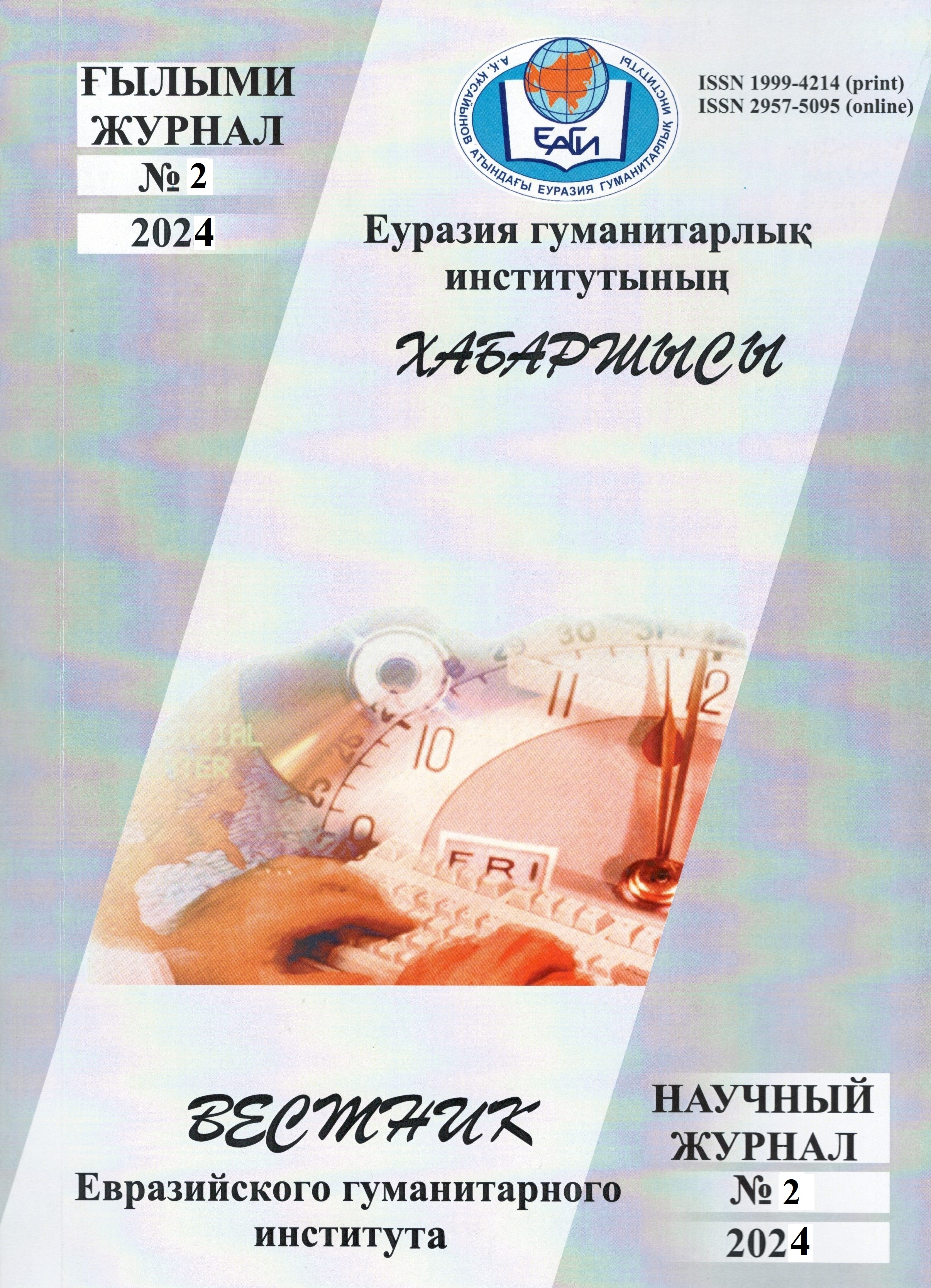THE FOLKLORE CHARACTER OF THE BOOK EPIC «OGUZ–NAME»
DOI:
https://doi.org/10.55808/1999-4214.2024-2.%25xKeywords:
book epic, folklore character, historical identity, vital integrity, genealogical integrity.Abstract
In ancient times, a lot of heritage was created and preserved on our native soil. Undoubtedly, such works have been systematized to some extent, studied, and are a valuable legacy that has yet to be studied.
It is not surprising that the descriptive techniques of any of the ancient works reflect the tradition of the epic. Written literature and folk art cannot instantly break away from each other. Therefore, any creative owner pays attention to the spiritual treasure before himself in the environment in which he lives, and then develops and uses it at the right time, whether oral or written.
«Oguz-name» – the book comprehensively compares the epic monument with the literary heritage that was born before and after it. Thus, a certain plot, ways of forming motives, and the folklore character of the continuity of the artistic tradition are determined. When considering the ancient heritage, the analysis of customs, customs of the Turkic peoples, historical foundations of literary images, and general patterns is carried out.
It was established that the book epic «Oguz-name» occupies a spiritual place in the world, is the only folklore heritage of the Turkic languages, reflecting kinship ties in which names and geographical names, historical events and facts entered into folklore patterns.
In Oguz–nam, the folklore aishyktau and azharlau used were differentiated in connection with the history of knowledge of ethnic groups. The focus is on nomadic plots and motifs that have spread throughout the Turkic peoples and countries of the world, epic traditions comparable to samples of our national folklore.


